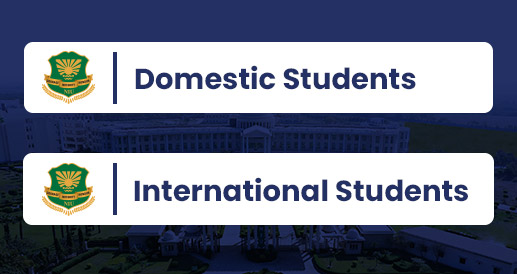Date of Visit: February 21, 2024
Faculty Supervisors: Prachi Yadav and Yuri Verma
Participants: Students of B.Sc. (4th Semester)
Strenght: 44
Introduction
On February 21, 2024, a group of B.Sc. 4th-semester students visited the Coca-Cola manufacturing facility under the guidance of faculty members, Ms. Prachi Yadav and Ms. Yuri Verma. The visit was organized to provide practical exposure to industrial processes, sustainability practices, and operational management, complementing the theoretical knowledge acquired in the classroom.
Agenda
The visit followed a structured agenda to ensure maximum learning:
- Introduction and Orientation:
- Overview of Coca-Cola’s mission, vision, and history.
- Facility layout and safety briefing.
- Factory Tour:
- Observation of production lines, including bottling, labeling, and packaging.
- Insights into logistics and storage management.
- Sustainability Presentation:
- Coca-Cola’s initiatives to reduce environmental impact.
- Discussion on recycling and water conservation efforts.
- Interactive Q&A Session:
- Open discussion with facility managers and engineers.
Key Observations
- Manufacturing and Production
- The facility featured highly automated production lines capable of handling large-scale operations efficiently.
- Sophisticated equipment ensured precision in bottling, capping, and labeling.
- Quality assurance protocols were integrated seamlessly into every stage of production.
- Quality Control
- Quality checks were conducted at various points, starting from raw materials to the final product.
- Advanced laboratories ensured compliance with international standards.
- Sustainability Practices
- A dedicated water treatment plant demonstrated the company’s commitment to water reuse and conservation.
- The use of recyclable materials in packaging supported Coca-Cola’s sustainability goals.
- Programs aimed at reducing carbon emissions highlighted their focus on eco-friendly practices.
- Employee Safety and Training
- The facility emphasized employee safety through regular training and well-defined safety protocols.
- Employee engagement and teamwork were evident throughout the visit.
Learning Outcomes
The visit provided students with practical knowledge and exposure to:
- Advanced manufacturing techniques.
- The role of automation and technology in large-scale production.
- Sustainability practices essential for reducing environmental impact.
- Effective resource management and quality control.
Feedback from Students and Faculty
- Ms. Prachi Yadav: “The visit was a valuable experience for the students, offering insights into real-world industrial applications of their studies.”
- Ms. Yuri Verma: “The tour reinforced classroom concepts while showcasing the importance of innovation and sustainability.”
- Student Reflections: Students expressed enthusiasm for the interactive Q&A session, finding it inspiring to see the practical implications of sustainability and resource management.
Recommendations
- Regular Industry Visits: Encourage similar visits for upcoming batches to bridge the gap between theory and practice.
- Collaborative Projects: Explore opportunities for collaborative projects between Coca-Cola and academic institutions.
- Increased Community Outreach: Coca-Cola can enhance public awareness by showcasing its sustainability practices through educational programs.
Conclusion
The Coca-Cola facility visit was a highly enriching experience, providing valuable insights into the intersection of technology, sustainability, and large-scale manufacturing. It was a successful initiative that benefited both students and faculty, leaving a lasting impression of the importance of innovation and environmental responsibility in modern industries.


